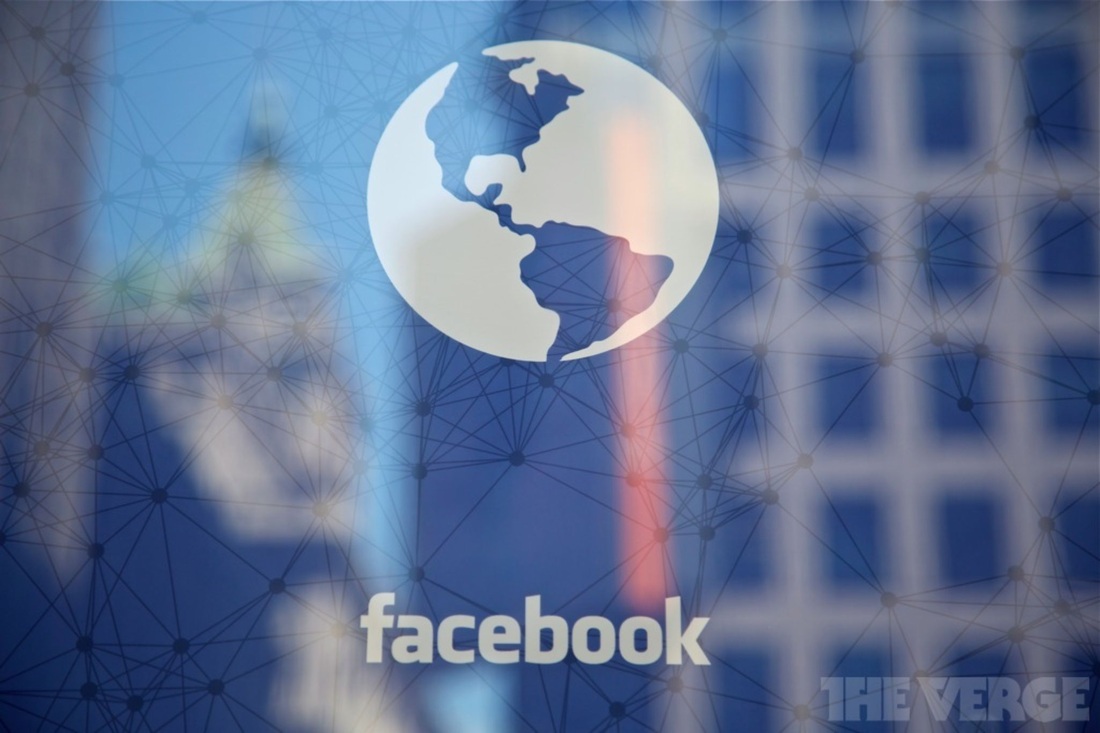Still, experts say the real significance isn't the research itself, but the open approach Facebook is taking to its research. "Whenever you're dealing with a for-profit lab, whether it's Google or Facebook, the question is to what extent will they be part of the academic community and, you know, play nice with others," says Oren Etzioni, CEO of the Allen Institute for Artificial Intelligence. "With this, they're putting a stake in the ground and saying, we are going to be part of the community."
Facebook founded its AI lab in 2013 with NYU's Yann LeCun, part of a larger movement that pulled machine-learning academics into the private sector. (Stanford's Andrew Ng took a similar post at the Google Brain project.) That's taken much of the cutting edge of artificial intelligence work out of the public sphere, as breakthroughs that would once be published in journals threaten to become trade secrets. "The purpose for Facebook is to facilitate communication between people, and that requires a pretty good model of what people want," LeCun told The Verge in 2013. "I have to believe that you need intelligent systems to do a good job on that."




